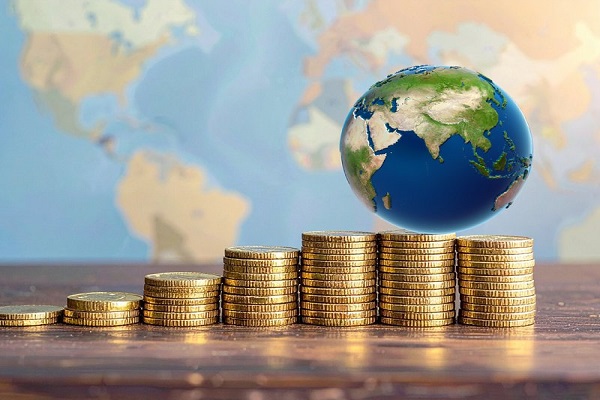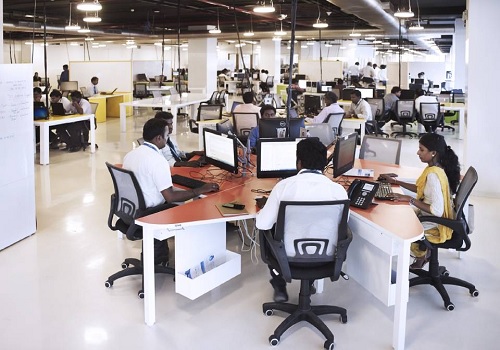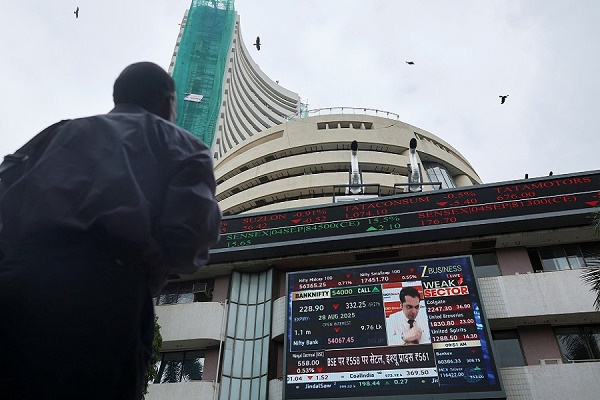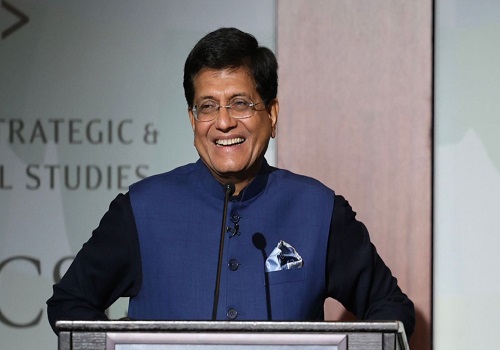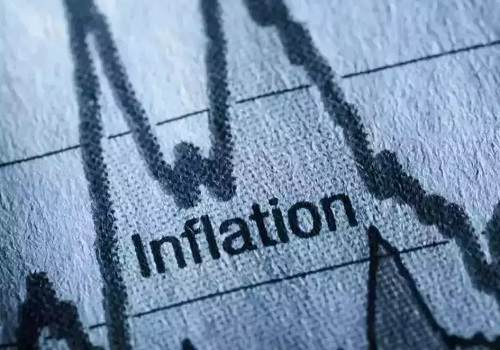India to grow by 6.5 pc in 2025 amid global slump: UN report
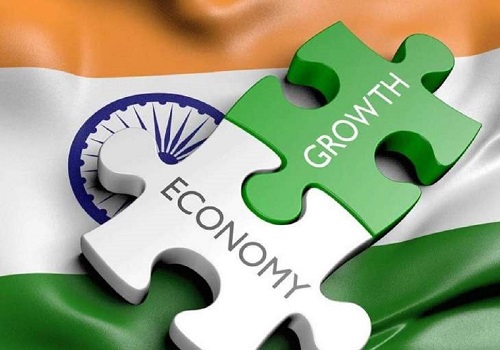
India is expected to remain the fastest growing major economy with a 6.5 per cent growth rate in 2025 while global growth is seen as marking a shift towards a recessionary path with the international trading system facing its most serious challenge since the Second World War, according to the latest UNCTAD report.
India has been listed among the countries that are propelling growth with higher government expenditure and monetary policy stimulus in the report titled 'Trade and Development Foresights 2025 - Under pressure: Uncertainty reshapes global economic prospects'.
The report projected China's growth rate at 4.4 per cent, while the US economy is expected to grow at 1 per cent. The growth for the European Union has also been projected at 1 per cent, although France, Germany and Italy are all expected to record below 1 per cent growth. Similarly, Japan's economic growth rate is expected to come down to a mere 0.5 per cent.
"The international trading system is facing its most serious challenge since the Second World War. The transformation in the structure of world trade (UNCTAD, 2024) and the reconfiguration of global value chains have been unfolding over the past decade or so. The repercussions of the current policy shock and global uncertainty are set to accelerate these shifts, thereby making any predictions about the ultimate impact of trade reconfiguration difficult. Yet it is already clear that merchandise trade flows are under intense pressure and will be significantly affected," the UNCTAD report said.
The report pointed out that the late-2024 and early-2025 uptick in global trade was driven in part by front-loaded orders. This momentum is expected to fade, or even reverse, during the rest of 2025 as new tariffs come into effect. Trade policy uncertainty is already affecting businesses and long-term planning decisions.
Amid escalating trade tensions, developing countries should leverage existing trade relationships and seek out multilateral frameworks and regional arrangements to boost intraregional as well as South–South trade. A strategy of "open regionalism" can offer a workable alternative to the global stalemate and a pathway to achieving development objectives, according to the report.
Strengthening existing trade ties, including within the global South, offers a buffer against rising uncertainty. But many low-income countries face a convergence of risks: worsening external conditions, heavy debt burdens and weakening domestic growth. If the geoeconomic confrontation continues to disrupt the global economy, poorer nations can face a perfect storm, the report said.
In the case of China, growth is expected to be supported by the ramping up of fiscal and monetary stimulus measures as well as structural policies. Similarly, a series of policy actions undertaken to stabilise the real estate sector appear to have had the desired effect, as the sector's declining trend has eased since the end of 2024. However, the increasingly difficult external context will undoubtedly weigh on growth, the report added.


